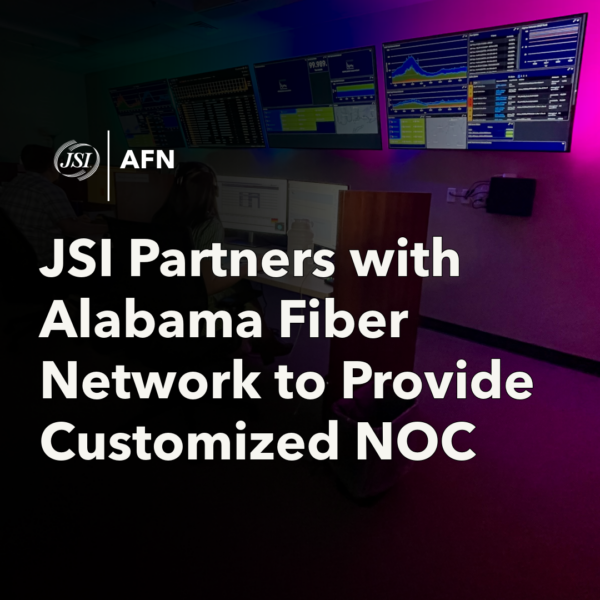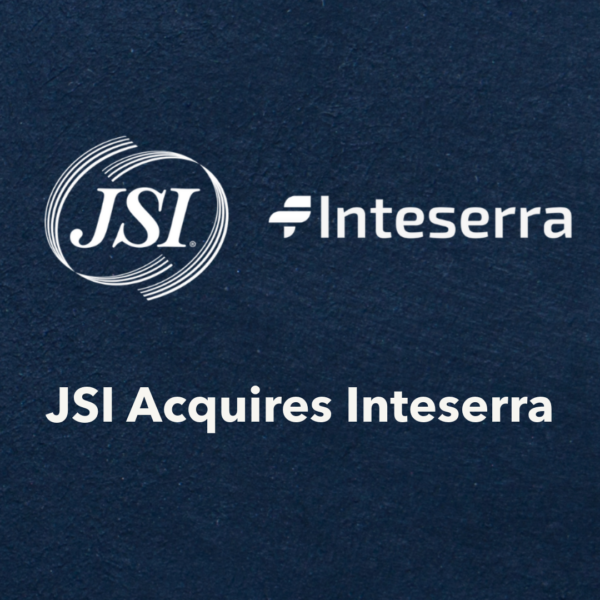
NTIA Puts Its Spin on BEAD Compliance as Congress Criticizes BEAD Rate Regulation

NTIA Puts Its Spin on BEAD Compliance as Congress Criticizes BEAD Rate Regulation
As the U.S. Department of Commerce’s National Telecommunications & Information Administration (NTIA) begins approving state plans that administer $42.45 billion in Broadband Equity, Access, and Deployment (BEAD) Program grants, it has provided additional details on BEAD grant administration, specifically compliance matters. NTIA has also faced Congressional criticism of its approval of state BEAD plans that regulate rates via a low-cost option requirement.
On December 26, 2023, NTIA released a Policy Notice providing guidance on the application of the Uniform Guidance governing Federal grants under the BEAD program. NTIA explained that it intended to align BEAD with U.S. Department of Treasury broadband funding programs like the State & Local Fiscal Recovery Fund (SLFRF) and the Capital Projects Fund (CPF). The Policy Notice details five notable provisions, as follows:
- Subgrants, not Contracts: An Important Difference from Treasury’s Guidance: NTIA will require states and territories to structure BEAD agreements with providers as “subgrants,” not as “contracts” for purposes of Federal grant management regulations. This differs from guidance for the SLFRF and CPF grant programs, which structured agreements as “contracts,” and is consistent with advocacy by independent broadband providers.
- Fixed Amount Awards: States and territories can award fixed amount awards so long as the BEAD-funded projects have “measurable goals and objectives” and data is available to provide a “reasonable estimate of actual cost.” Typically, Federal grants with cost share or match requirements cannot be awarded in fixed amounts.
- Program Income: BEAD subgrantees can use (or keep as profit) subscriber revenue or program income “that is directly generated by a supported activity or earned as a result of the Federal award during the period of performance.” States and territories are not required to track subgrantees’ program income. NTIA explained that this element is intended to address the issue raised by industry that BEAD-eligible areas lack a sustainable business case for long-term deployment. In written comments and in-person advocacy to NTIA, JSI and other independent broadband providers urged NTIA to address this issue of long-term project sustainability in BEAD-funding locations. We are pleased that the Policy Notice includes this element allowing subgrantees to re-invest program income.
- Network Equipment Upgrades: Subgrantees can upgrade BEAD-funded broadband equipment without NTIA’s approval.
- Federal Interest Period: NTIA will subject BEAD-funded infrastructure to a ten-year Federal interest period, which starts when the project is complete. This means equipment “acquired or improved” with BEAD funding will be held in trust for the beneficiaries of BEAD.
NTIA’s progress on approving states’ BEAD Initial Proposals has also raised the contentious issue of rate regulation via BEAD requirements. On December 18, 2023, U.S. House of Representatives Energy and Commerce Committee Chair Cathy McMorris Rodgers (R-WA) and Communications and Technology Subcommittee Chair Bob Latta (R-OH), along with 14 other committee Republicans, sent a letter to Assistant Secretary of Commerce for Communications and Information Alan Davidson raising concerns that NTIA is allowing states to regulate broadband rates under BEAD by requiring a “low-cost option” in violation of Congressional intent. The letter notes that the “Infrastructure Investment and Jobs Act (IIJA), which created the BEAD Program, explicitly prohibits the Assistant Secretary of Commerce for Communications and Information and the NTIA from ‘regulat[ing] the rates charged for broadband service.’
During Senate floor debate on this legislation, members of Congress agreed that this language meant that ‘no rate regulation of broadband services would be authorized or permitted by NTIA….’” At a December 5 hearing of the House Energy and Commerce Committee, Assistant Secretary Davidson repeatedly suggested that NTIA would permit rate regulation by states participating in the BEAD program.
In late December, NTIA followed through on those suggestions when it approved Louisiana’s BEAD Initial Proposal, in which the state requires subgrantees to offer a $30-per-month low-cost option that includes all taxes and fees. The Congressional letter raises concerns that NTIA is ignoring Congressional direction and may continue approving proposals that directly regulate the rate of broadband service.
In written advocacy to numerous state broadband offices proposing a low-cost option, JSI opposed ratemaking attempts on legal and policy grounds, and suggested that states should instead require a low-cost option based on the Federal Communication Commission’s (FCC) reasonable comparability benchmark rate, which is updated annually (most recently on December 26, 2023) and ensures a consistent and current metric for broadband affordability.
Contact Amanda Molina with any questions regarding BEAD or if your company needs assistance with Federal, regional, or state broadband grants, or Barbara Greger with any questions on the Policy Notice or Uniform Guidance related to BEAD or other grants.










